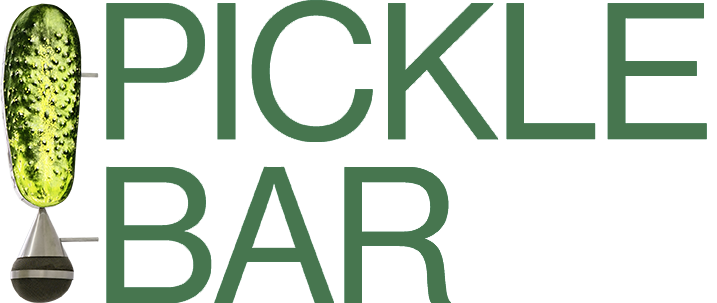AZBUKA STRIKES BACK: Opening with Uladzimir Hramovich and Artiom Slota, 5 May 2022, 6:30 PM
The colonial education system, led by the ambitions of the Russian Empire (among other European states) in the 19th century, as well as the “secular” pedagogy under the scope of nation-building during the USSR era in the 20th century, contributed to educational reforms imposed on territories inhabited predominantly by Muslim populations. The lecture by the Kazan-based researcher, curator, and educator Artiom Slota juxtaposes these two historical educational reforms under decolonial theory. It explores the pedagogy from the position of the post-Soviet space and shares examples on historical alternatives, such as the “Jadid” schools. Inspired by Ismail Gasprinsky (1851–1914), an intellectual Crimean Tatars and Pan-Turkism activist, the Jadid schools were a model of educational systems that advocated for an Islamic social and cultural reformation through the revival of Islamic teaching and engagement with modernity.
︎︎︎ previous


